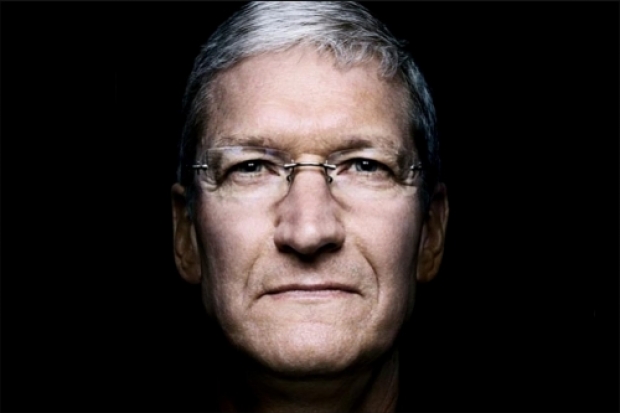An investigation by the environmental audit committee found the UK is lagging behind other countries and failing to create a circular economy in electronic waste. The UK creates the second highest levels of electronic waste in the world, after Norway.
But MPs said the UK was not collecting and treating much of this waste properly. "A lot of it goes to landfill, incineration or is dumped overseas. Under current laws producers and retailers of electronics are responsible for this waste, yet they are clearly not fulfilling that responsibility", the MPs wrote.
More than 40 percent of the UK's e-waste is sent abroad, according to estimates -- something the MPs point out is often done illegally.
The tsunami of electronic waste was throwing away valuable resources vital to a sustainable future, the report published on Thursday said. Globally, thrown-away computers, smartphones, tablets and other electronic waste have a potential value of $62.5 billion annually from the precious metals they contain, including gold, silver, copper, platinum and other critical raw materials such as tungsten and indium.
MPs accused online retailers including Amazon and eBay of free-riding as they are not considered retailers or producers, and are therefore not legally liable to contribute to the collection and recycling of e-waste.
"For all their protestations of claimed sustainability, major online retailers and marketplaces such as Amazon have so far avoided playing their part in the circular economy by not collecting or recycling electronics in the way other organisations have to", MPs said.
"Given the astronomical growth in sales by online vendors, particularly this year during the coronavirus pandemic, the EAC calls for online marketplaces to collect products and pay for their recycling to create a level playing field with physical retailers and producers that are not selling on their platforms."




